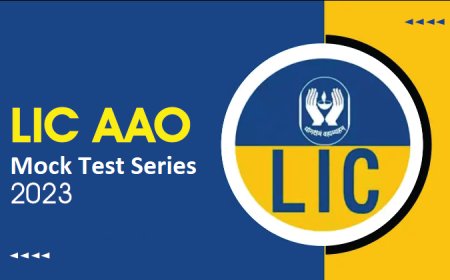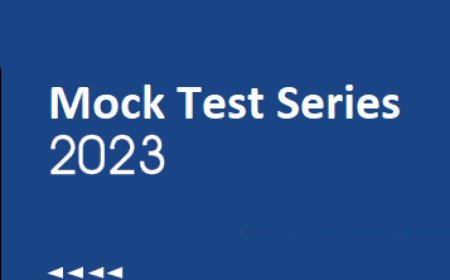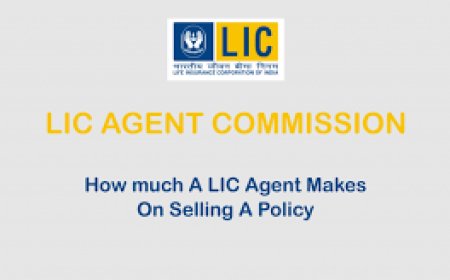Before Hiring New Advisor
Insurance Recruiting 101
Understanding some of a life insurance recruiters biggest mistakes.
So you are an insurance agent, agency manager or a life insurance general agent that wants to start building your own life insurance agency. Where do you start, and how do you recruit? Or maybe you are already an agency manager trying to build a successful insurance agency and are having some recruiting problems. When it comes to recruiting insurance agents, we need all the help we can get. So, if you would like some third party recruiting help, copy and paste this link "An-insurance agents-career-opportunity" and send it to any prospective new agents you are interviewing.  Not such an easy task. The concept of life insurance recruiting, which is the hiring and training of new insurance agents to work for you, sounds exciting. But the reality is, where do I get good people to hire. How do I go about doing this? Oh yes, and then as an insurance recruiter, there are the hours and hours needed to train a new agent. Recruiting tip: Don't be wasting your valuable time on trying to make an insurance agent out of an unqualified recruit.
Not such an easy task. The concept of life insurance recruiting, which is the hiring and training of new insurance agents to work for you, sounds exciting. But the reality is, where do I get good people to hire. How do I go about doing this? Oh yes, and then as an insurance recruiter, there are the hours and hours needed to train a new agent. Recruiting tip: Don't be wasting your valuable time on trying to make an insurance agent out of an unqualified recruit.
Lets review the recruiting process:
First off, You need to have a systematic check list that you will follow. If you do not have one, then you need to make one up. It is a list of items to help you make sure you cover all the key areas in the recruiting process and do it in a systematic order. Over time, I added and subtracted and revised my insurance recruiters check list. Secondly, I had a "Welcome to our Team", booklet I personally made up, that I would hand out to the person if I decided to move forward with them. It gave that person a list of things that they could expect from meand a list of things that I expected of them. And of course, you need to have people to recruit.
- So where do you get names?
- Who are the best people to recruit?
This will require a separate insurance recruiters topic pages which I will provide. (see below) As a footnote, I never had any success with people under 25, single people, or people going through a divorce or any other personal crisis. I will go through the reasons why in a separate article called insurance recruiting. Over time, and through past experience, I just never even started an interview with them.
Getting ready: I usually had a recruiting kit made up with brochures and information items that I used, as well as my check list in front of me when a new person came in to visit. As an insurance recruiter, you must have a recruiting presentation that is presented in an orderly manner. This is where my check list helped. When I started my agent recruiting process with a new candidate, the first and most important part of my initial interview was what I called apersonal observation interview. Here is where I decided to move ahead with this person or not, and here is a general overview of what I was looking for.
- First of all, I had to decide if I liked this person, will s/he and I get along?
- I then talk with this person to see if they are comfortable to talk to.If not, then they may have the same problem with selling to prospects. Remember, the most important aspect of selling is being able to communicate to strangers and make them feel comfortable.
- Another quality I looked for, is a person that walks fast. Someone that takes two steps at a time going up the stairs. I know this is far fetched, but after recruiting and training over 700 to 1000 new agents, almost all my top quality producers walked at a brisk pace.
- And I wanted to find out if this person has something to prove to his family, or to someone, or himself.
- Is this person an introvert or an extrovert? Introverts are not usually the "type A" people you are seeking.
- I also find out how much insurance they own and what they think about life insurance.
- And are they a good communicator.
Mistake number one, doing it the wrong way:
Never be over anxious to sign up a new recruit, make the job hard to get, qualify them first, make them think about it, make them sell you on why they should be hired. I will expand more on this below. Most insurance recruiters are in to much of a hurry to sign a new person up. What happens is they finally have a live breathing person that is really sitting down with them, to talk about an insurance career and this person says "I will give it a try". Now they do everything in haste. They start selling all the positives to this person, telling them all the reasons this person should come into the insurance business, and make all kind of promises, and then try to get the person fired up to sign a contract. They are using their selling skills to sell this person on signing up and committing to come to work that day. This is the wrong approach. Most inexperienced insurance recruiters do all the selling, when they should be doing the buying. Stop right here.. Take a deep breath. You are saying I should not be doing the selling. Then how do I hire anybody?
Do it The right way:
After I completed the personal observation part of the interview, I decide at that time whether I want to move on with this person or not. Here is where many insurance recruiters make their biggest mistake. They end up hiring an unqualified person and then spend endless hours training this person, trying to make them into something they can not be. (Wasted Time) Remember time is money. (Read Insurance recruiting -103) This is where the rubber meets the road. Do you have the guts to terminate an interview if it does not meet all the positives. "Mr/Mrs. XXXXX, I want to thank you for coming in. I will get back to you in the next week or so after I complete the rest of my recruiting interviews. (Whether you have any more or not.) I would then send them a "Thank You note for coming in, saying we are not interested at this time, but will keep your name in our file." However, If this person passed my personal observation test, we then moved on to the next recruiting step,




